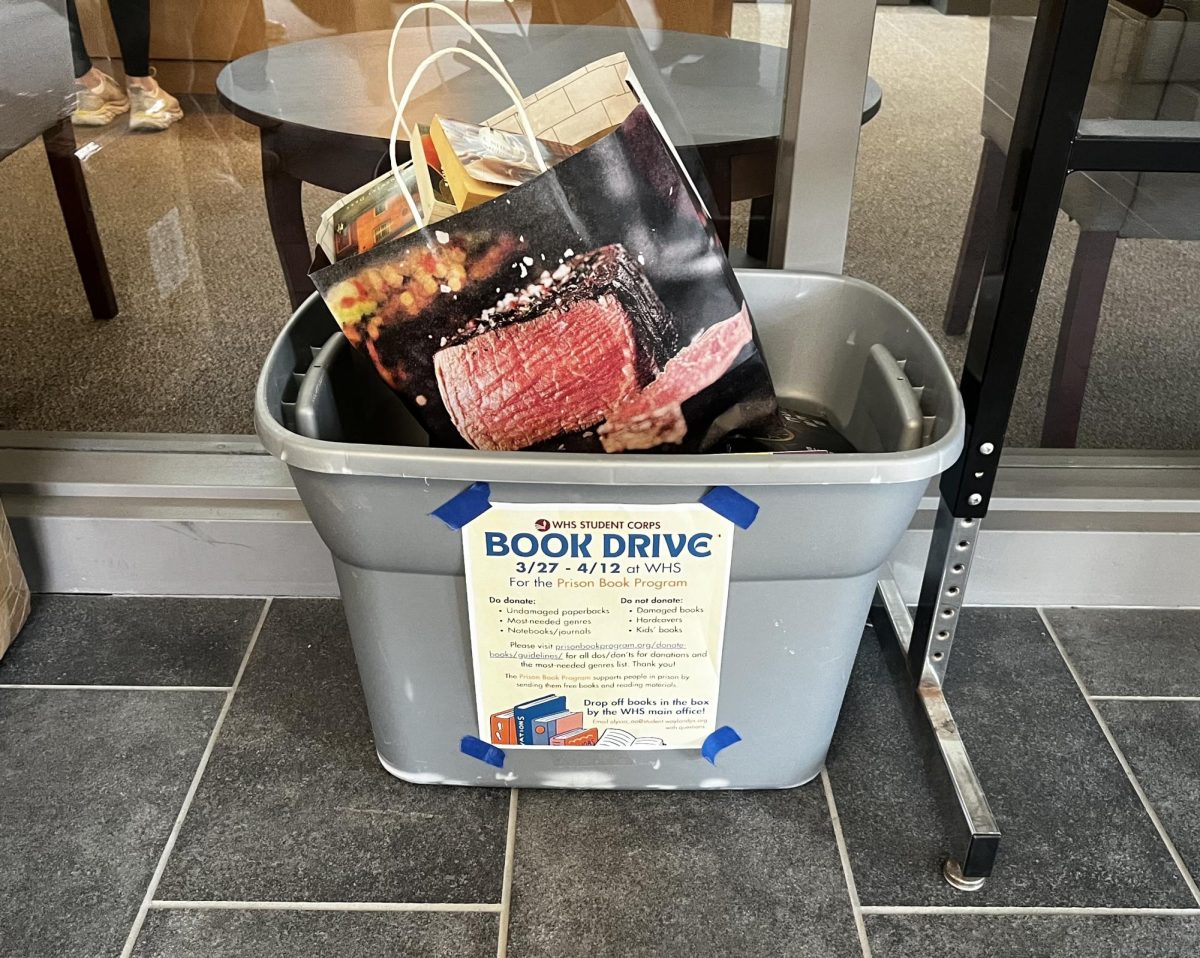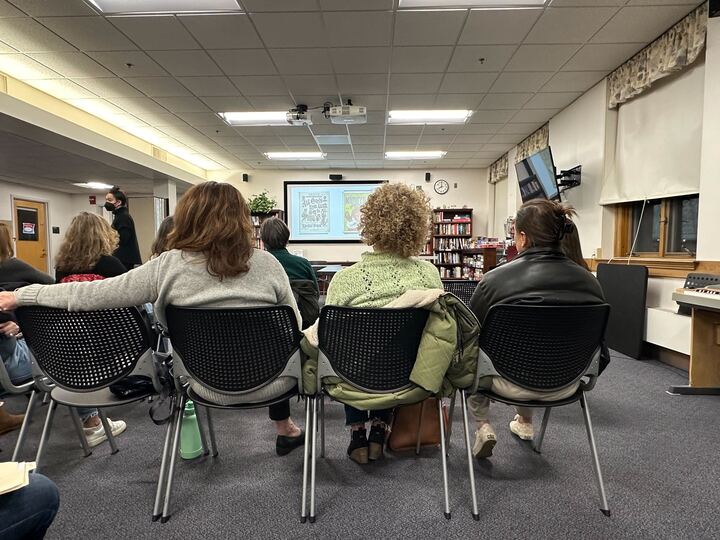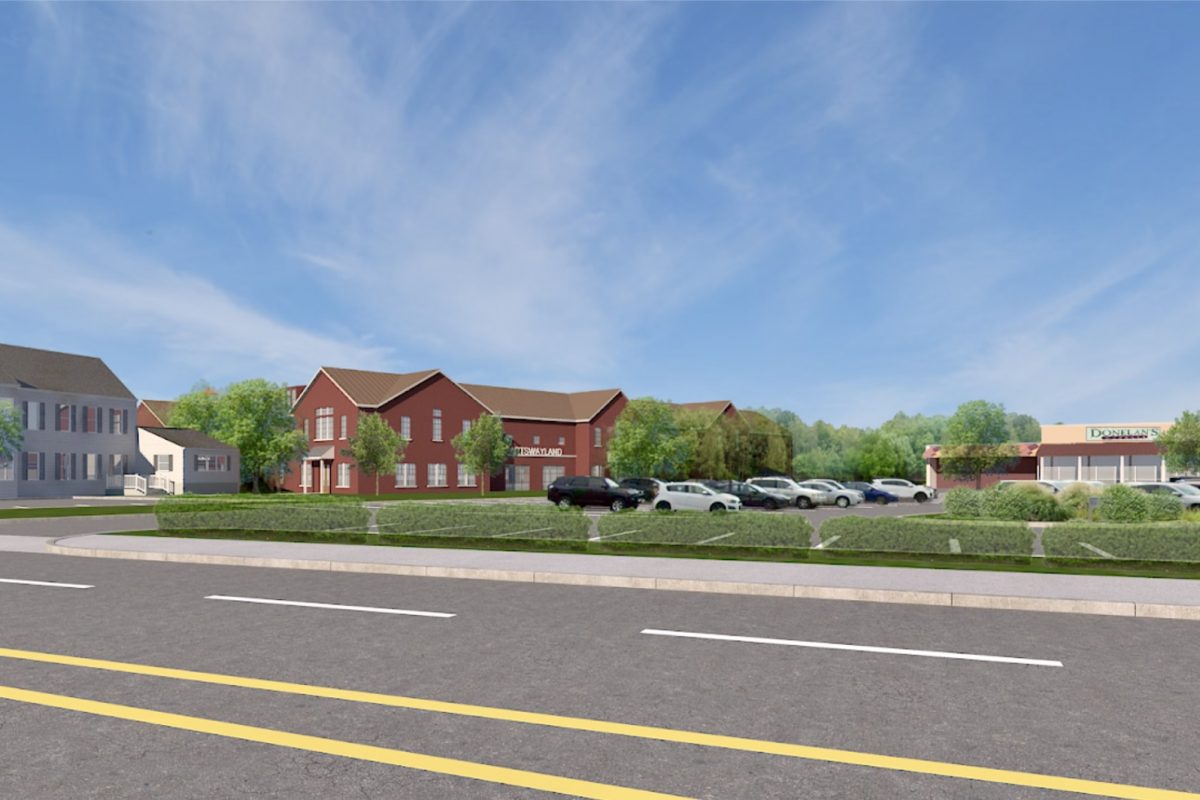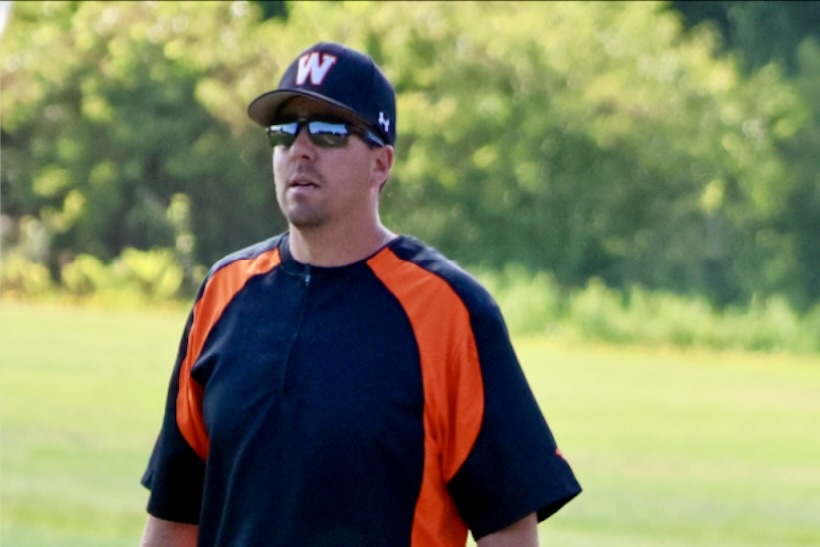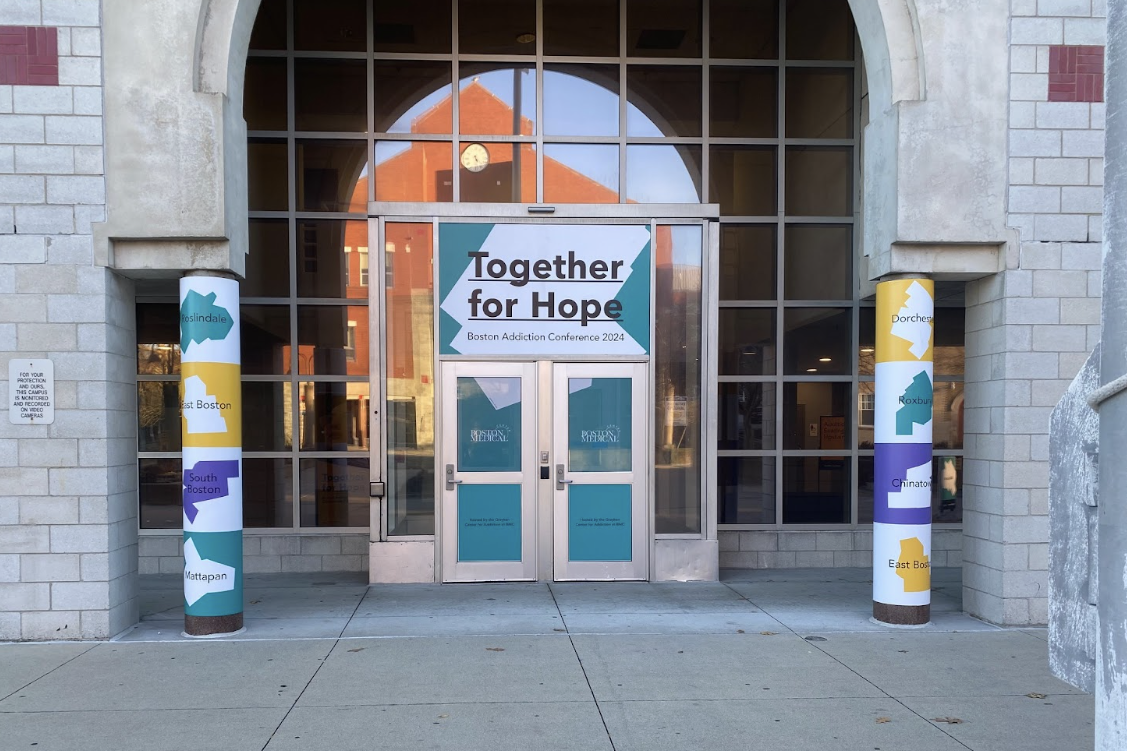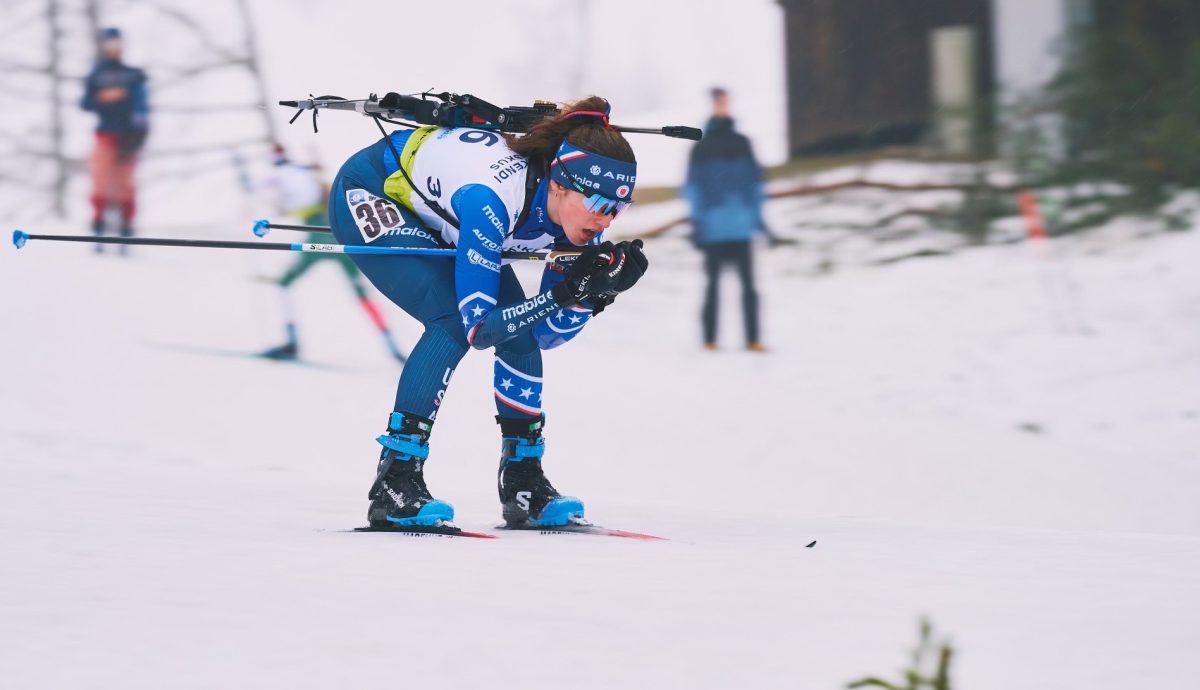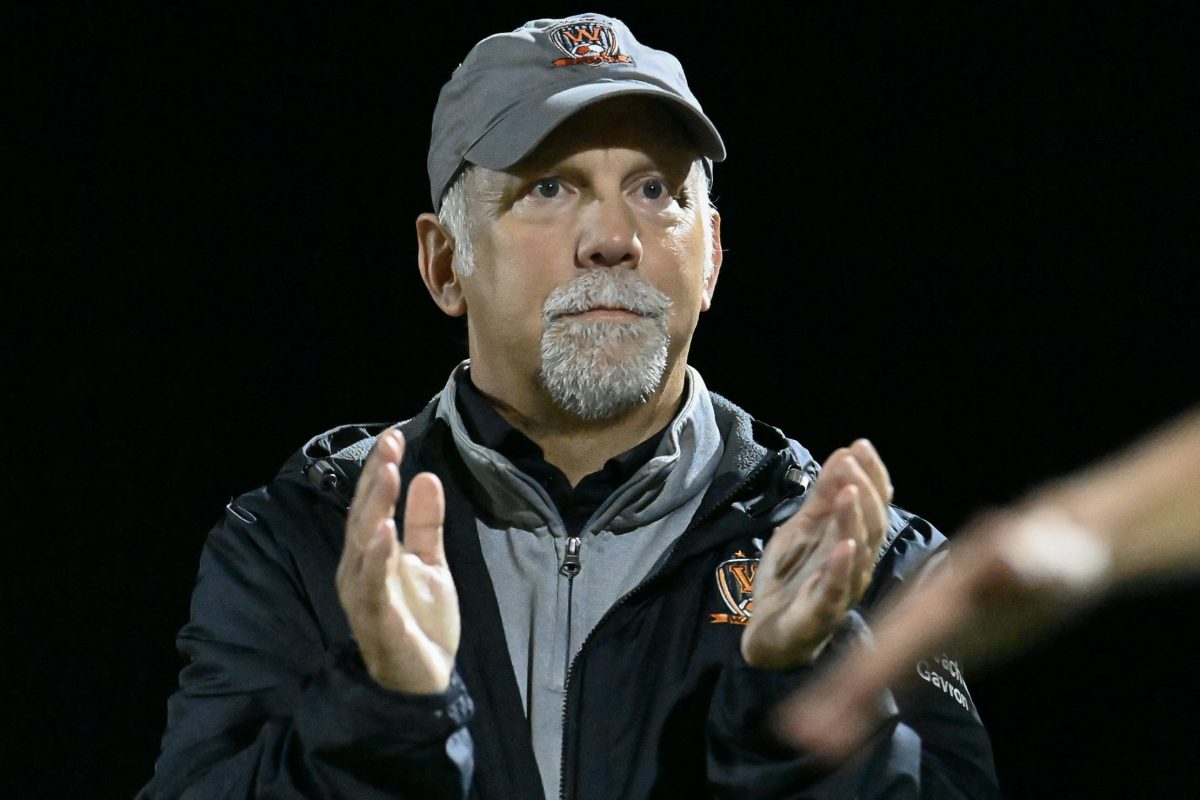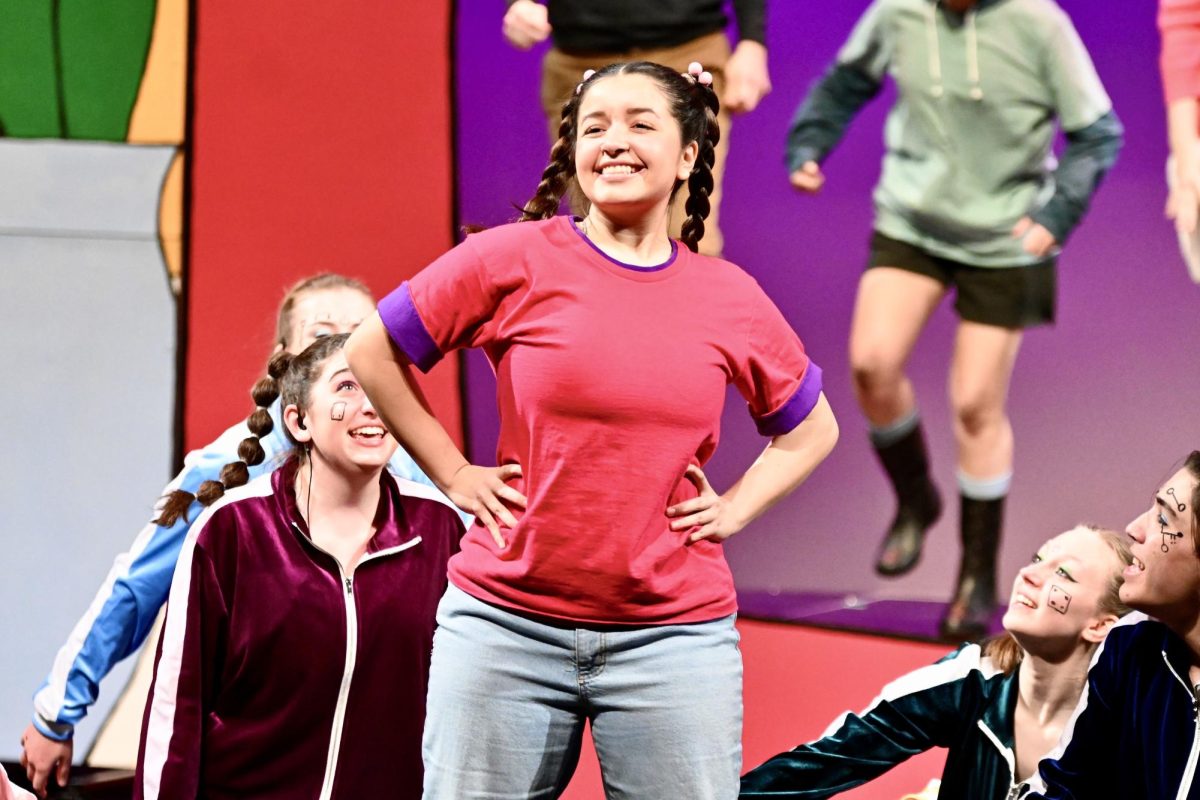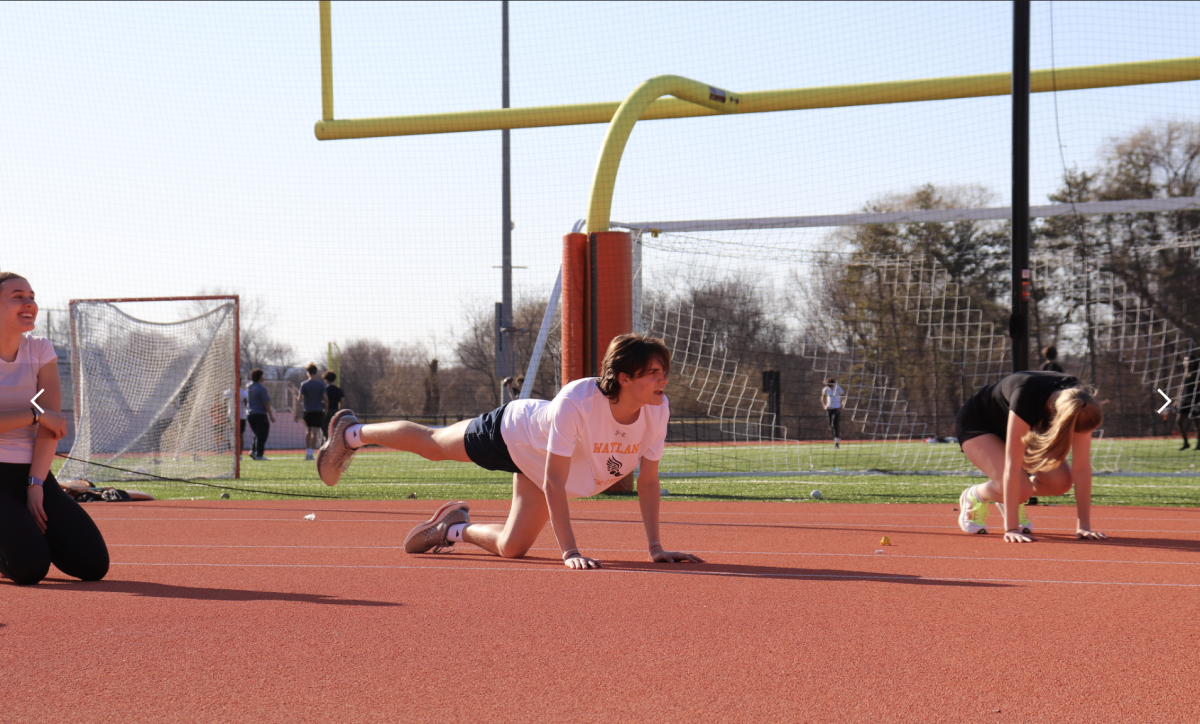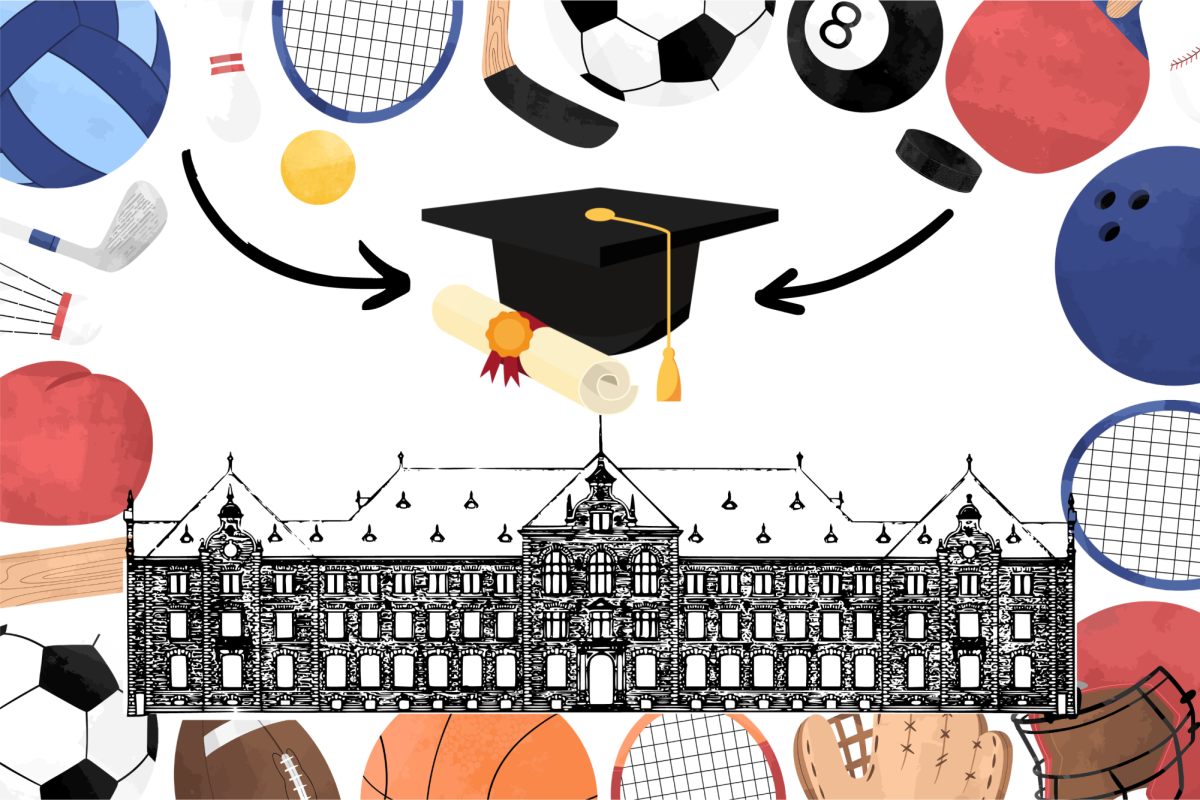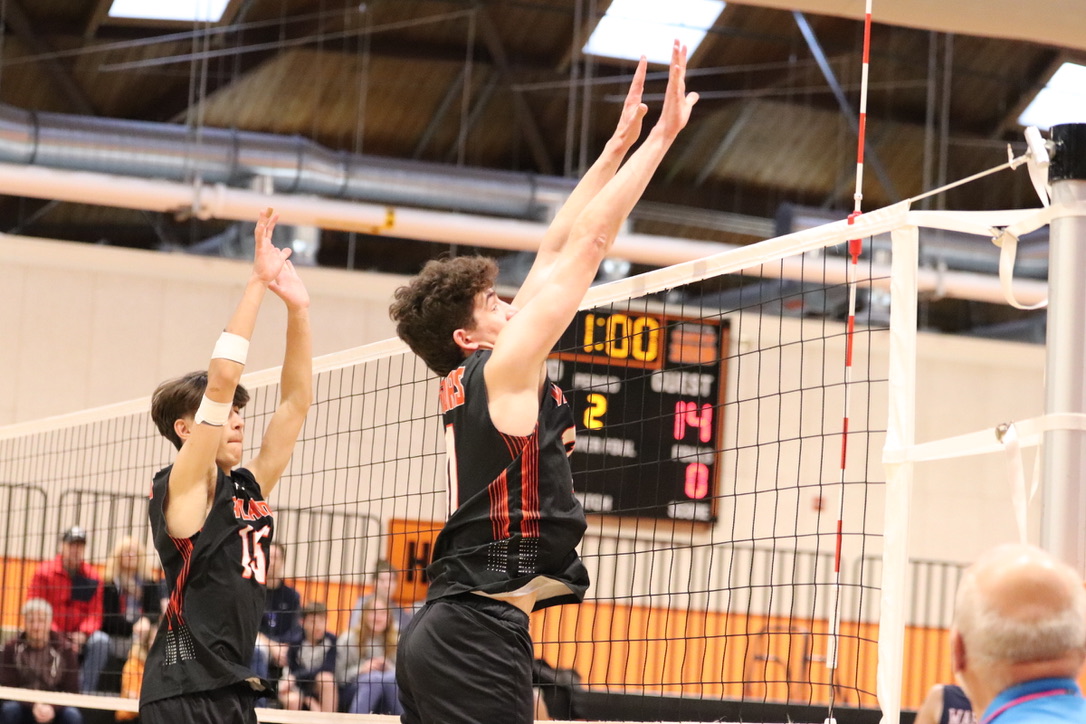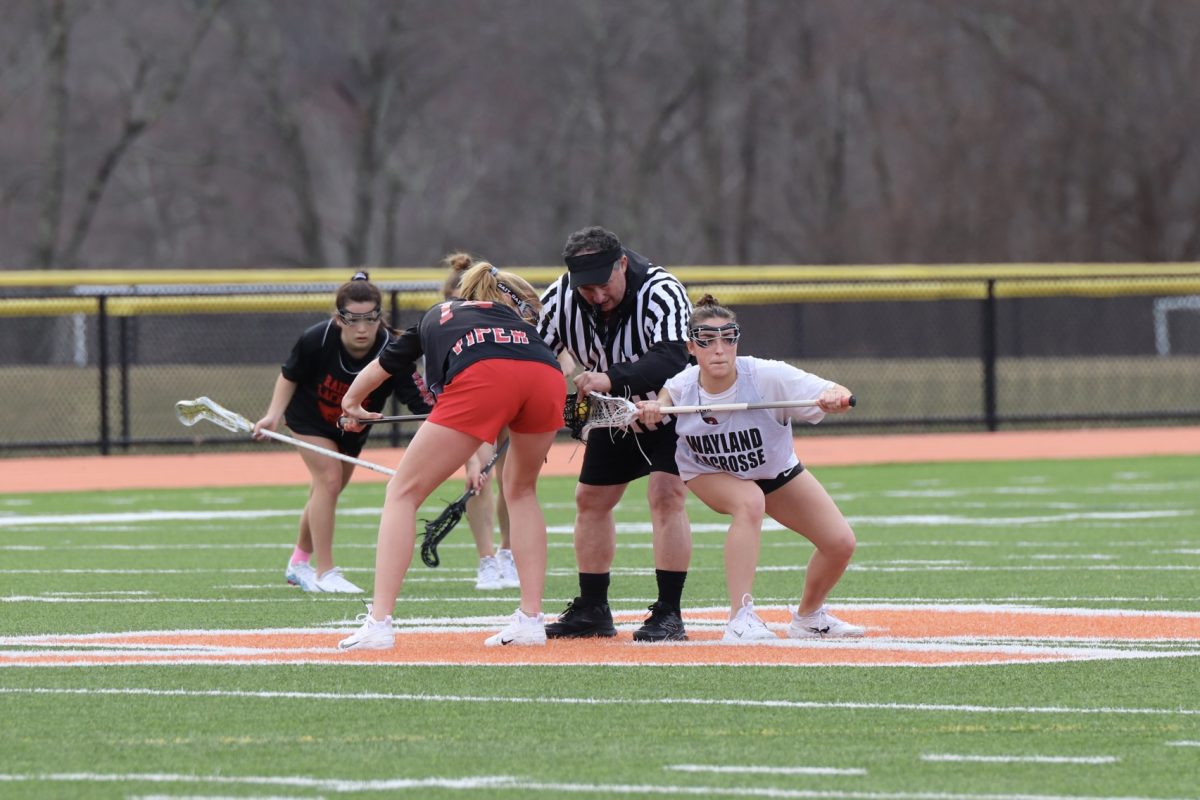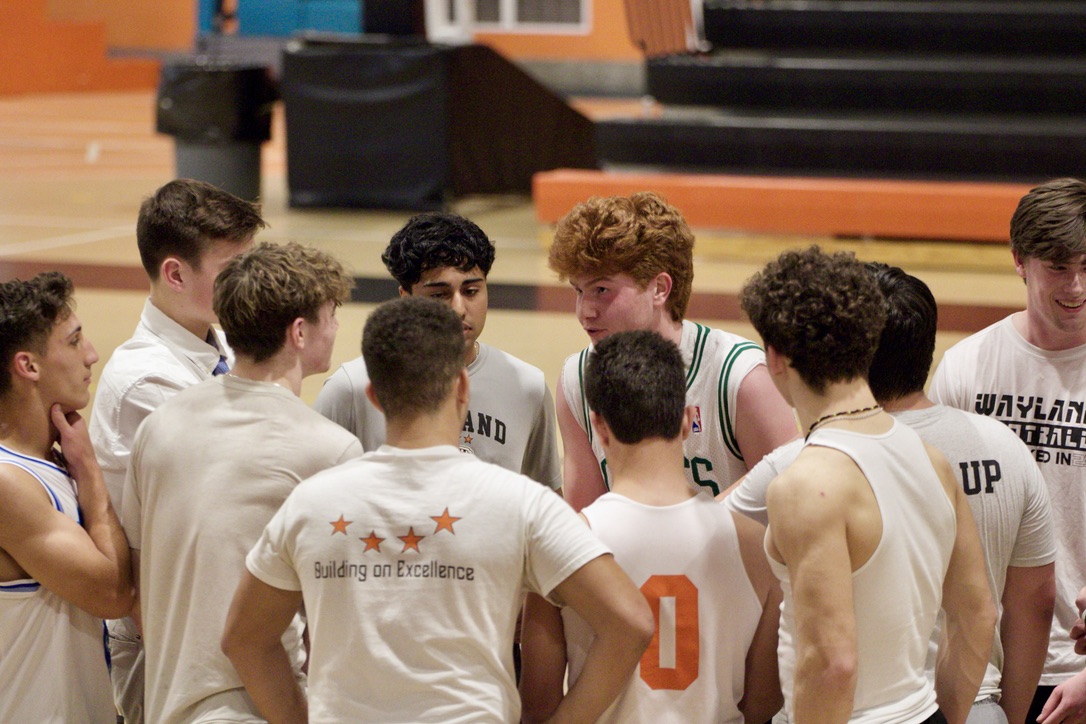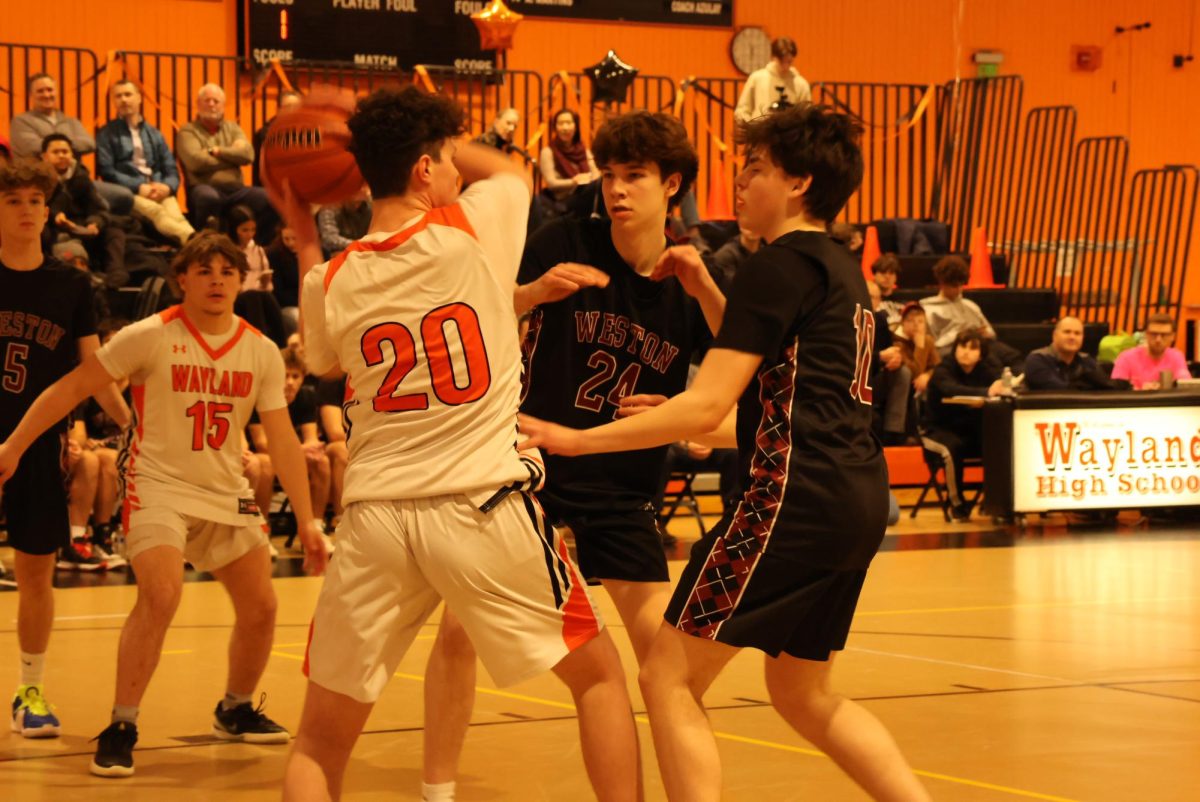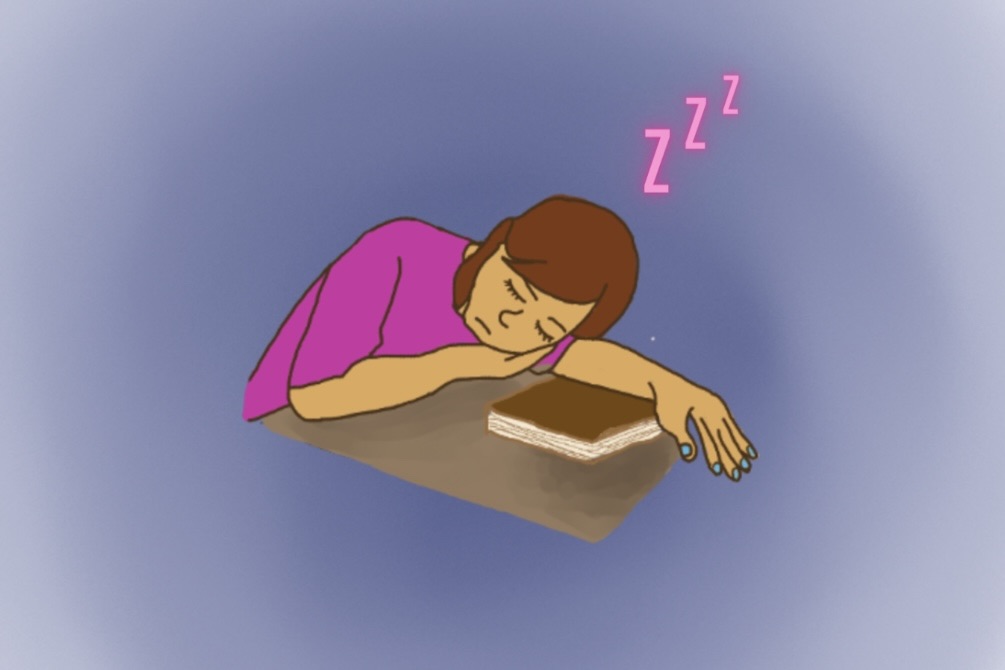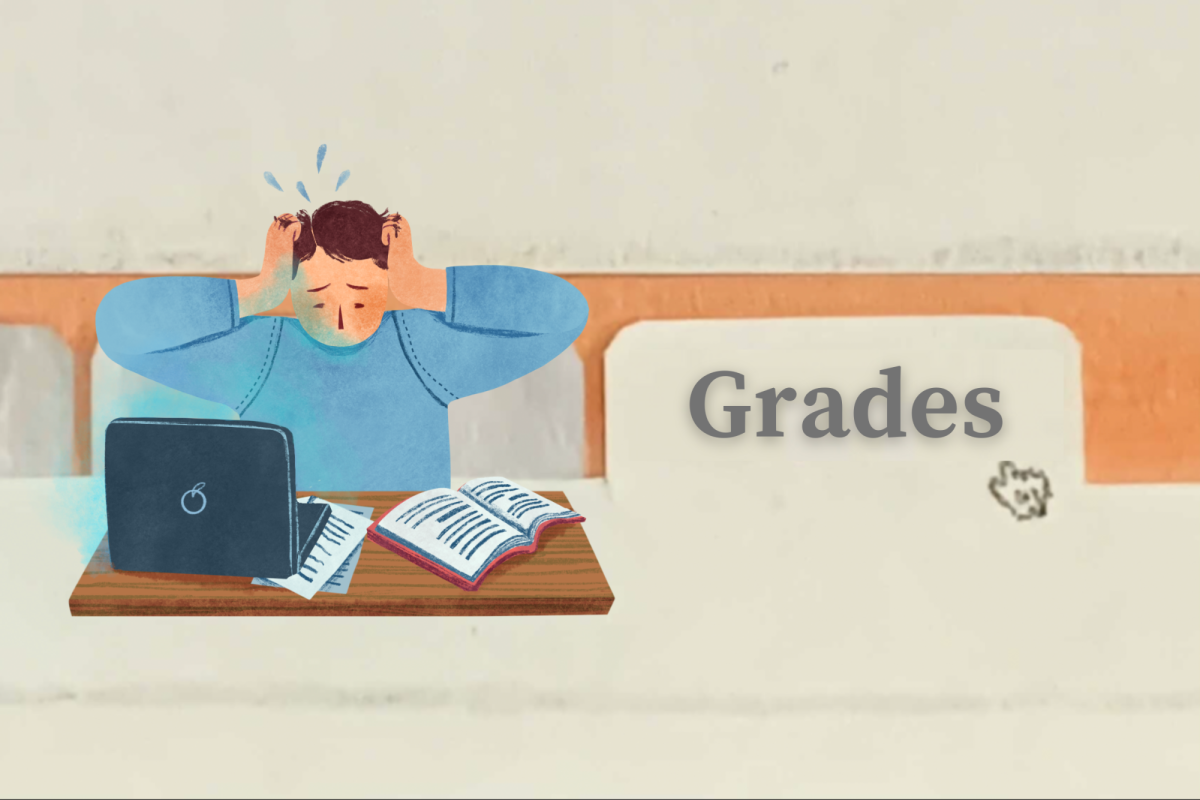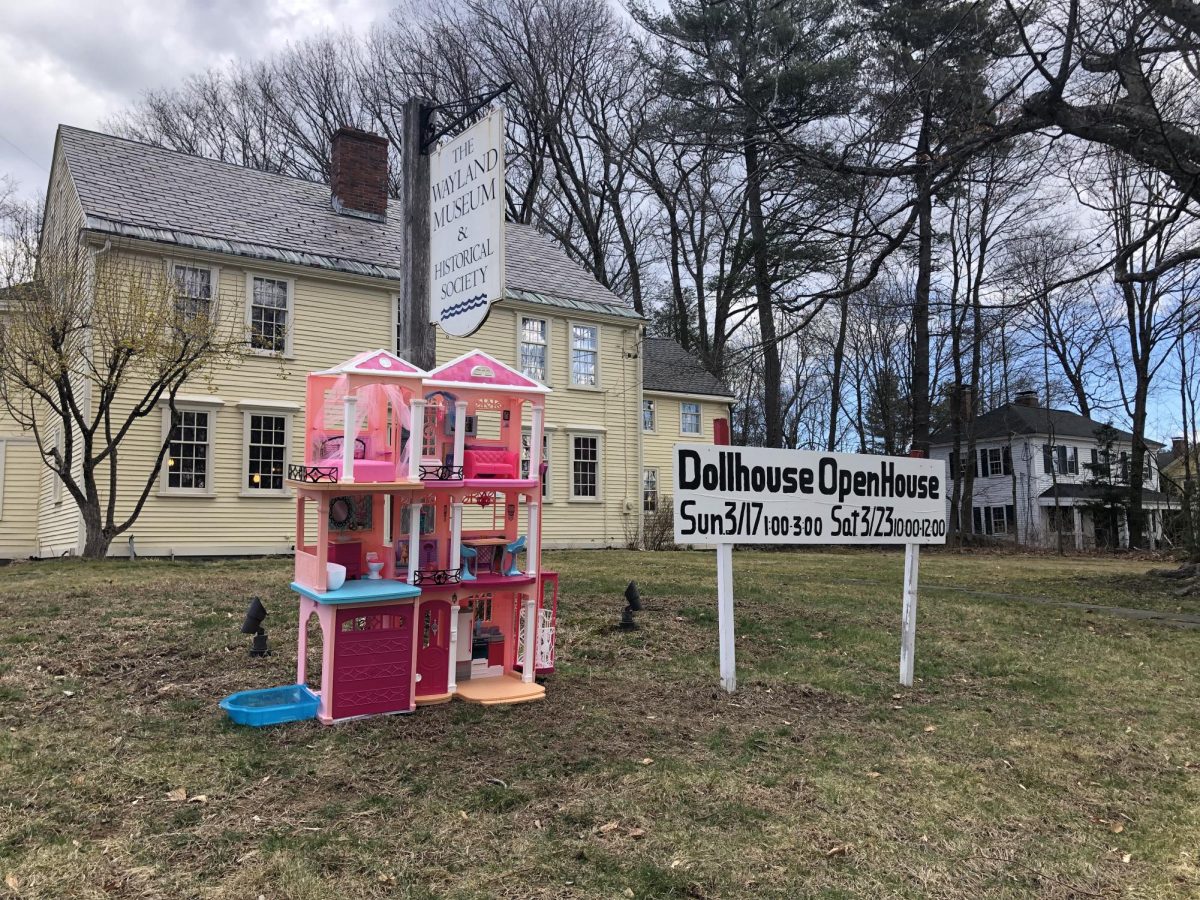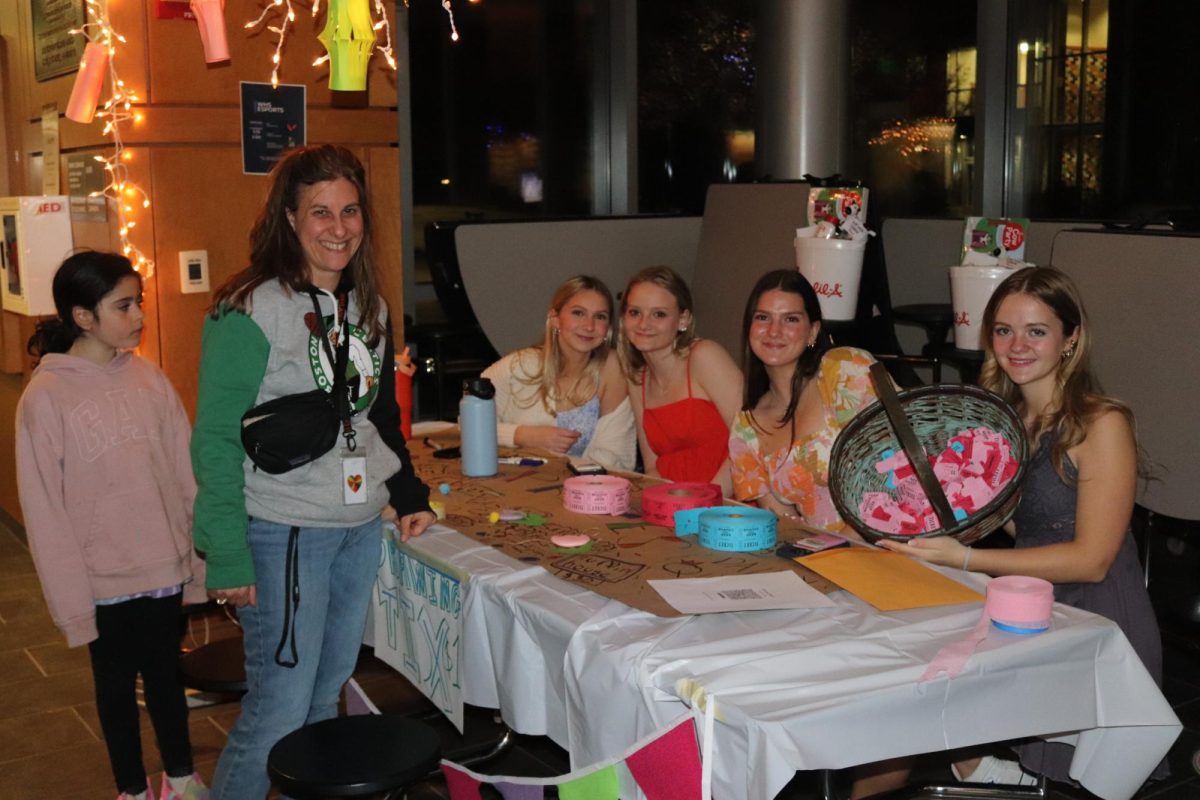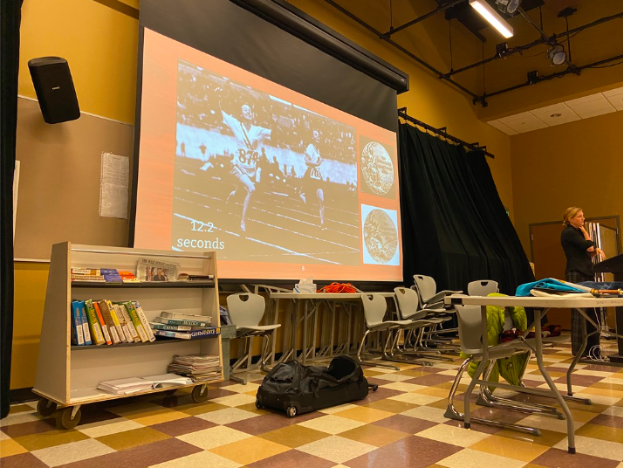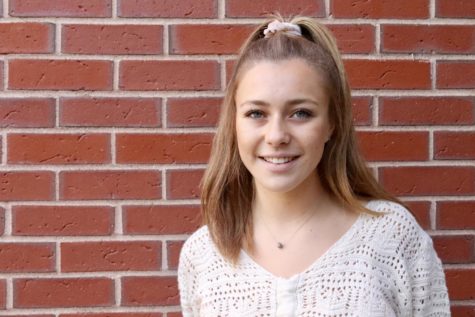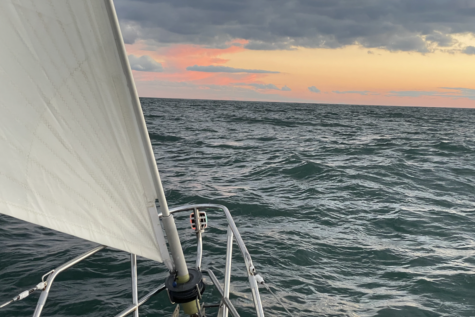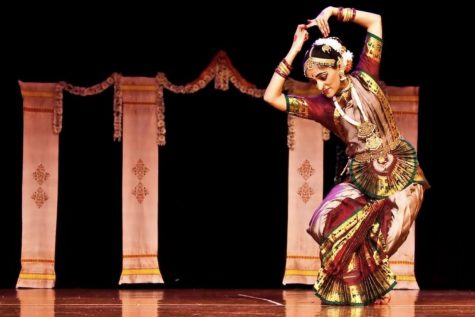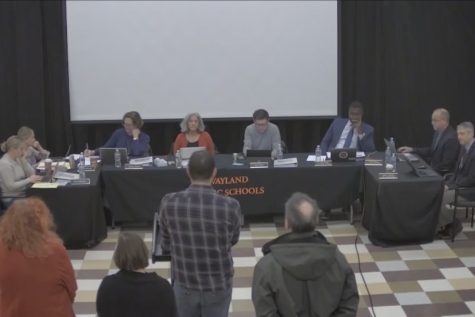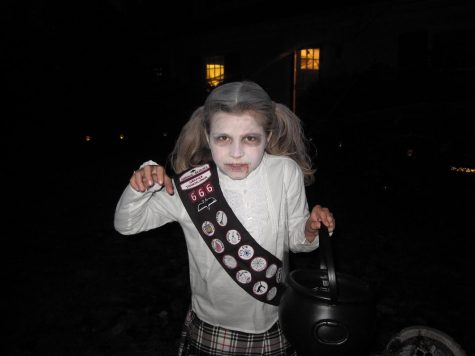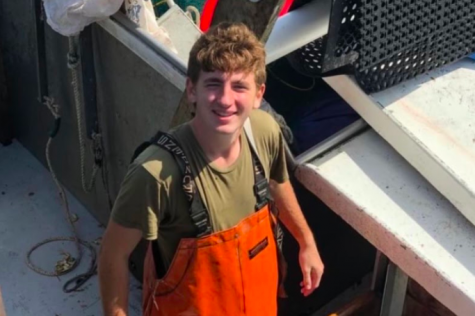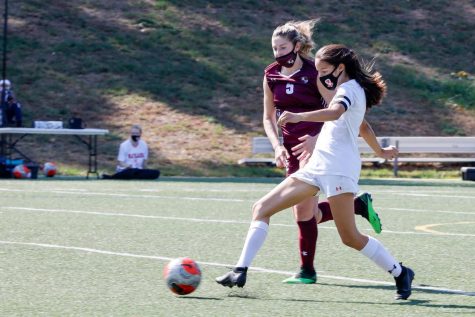WW ‘20: Brooke Doire presents her grandmother’s Olympic success and perseverance
Credit: Hailey Robinson
Brooke Doire presents to students in the lecture hall about her grandmother’s experience in the 1936 Olympic Games in Berlin, Germany. Doire’s grandmother, Betty Robinson, ran and won medals in the Amsterdam Olympics in 1928 and the Berlin Olympics in 1936. “[The message of this presentation is] to be resilient and to take things that look like impossibilities and turn them into possibilities by reaching out to those people that you trust and making a plan to get there,” Doire said.
February 2, 2020
As a part of the ongoing Winter Week pattern of women’s empowerment, speaker Brooke Doire came to speak about her grandmother’s experience in the Berlin Olympic Games of 1936. Doire’s grandmother, Betty Robinson, an Olympic runner, defied gender stereotypes and prejudice in a politically tense and dangerous time. Through her presentation, Doire told stories of the obstacles her grandmother faced and how she overcame them.
“I think that there are a lot of young women out there that need to know and see stories from history of other strong and resilient women, and her story definitely embraces that,” Doire said. “[T]here are ways that she achieved her goals that are worth sharing with others so that they can do the same.”
During her career as a runner, Robinson often faced societal backlash. While she was growing up, a common belief was that women should not be athletes.
“I think in general, women weren’t even allowed to run the 800 [meter race] until the 1960s because it was just believed that they weren’t capable,” Doire said.
In addition to criticism from others, Robinson overcame a devastating plane crash with her cousin while she was preparing for the 1932 Olympics. As a result of her injuries, doctors told her she would never walk again. A few short years later, Robinson was part of the winning relay team at the 1936 Olympics.
“I think the doctors definitely told her that she wasn’t going to be able to [run again, and] the coaches were reluctant to coach her, but she was able to find ways to make it happen,” Doire said.
During Doire’s childhood, her grandmother never presented herself as a “big deal.” However, when Doire heard Robinson’s stories, she began to realize how much her grandmother had truly conquered.
“As I got older and started sharing her story randomly with other people, they would be shocked and in awe and wonder where the movie [about her life] was, so that also reinforced the fact that she needed to be more well-known,” Doire said.
Following Doire’s realization of how powerful and motivating Robinson’s story is, she aimed to inspire others with it. Doire emphasized that even though many people told her grandmother “no,” she still prevailed.
“Anything is possible, and there were some ‘no’s’ along the way that [my grandmother] had to listen to, but she adjusted to those and was still able to find success, so I think that message is important,” Doire said.


